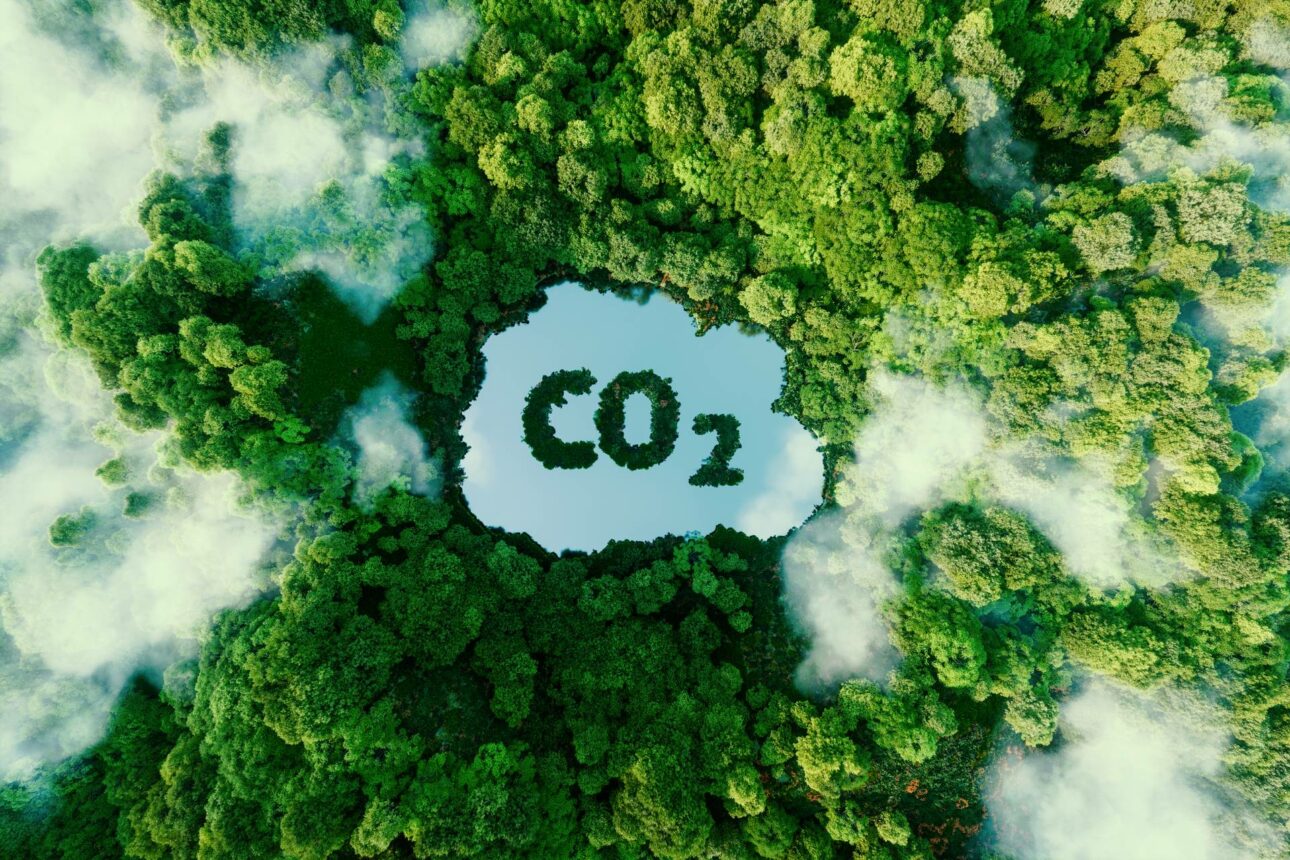
Though often used interchangeably, Carbon Neutral and Net Zero are two distinct approaches to addressing carbon emissions. If a business, service, or product is labelled as Carbon Neutral it means carbon offsets have been bought to balance out the CO2 emissions, or optionally CO2e emissions, created during business activities or production of said product. Criteria differs, with some certification bodies only requiring scope 1 and 2 emissions to be offset. Net Zero on the other hand, is about cutting all GHG emissions to as close to zero as possible and then the purchase of carbon offsets for the very essential, hard to decarbonise, emissions that remain. The SBTi Net-Zero Standard requires companies to target to achieve a 90% reduction in Scope 1, 2 & 3 emissions by 2050 in order to be verified Net Zero.
Companies that do not manufacture their products themselves can affordably become Carbon Neutral, as the emissions associated with the production of their products will then fall under their Scope 3 emissions. With offsetting prices starting at £3.50 per tonne of CO2e and the average SME emitting 75 tonnes of CO2e within their Scope 1 & 2, companies can become Carbon Neutral for as little as £262.50 (i) per year. This does not incentivise companies to take action in their supply chain, with scope 3 emissions on average making up 75% of a company’s total GHG emissions (ii).
Alongside this, there has been a lack of credibility and high levels of corruption reported with offset schemes. A nine month investigation undertaken by the Guardian, the German weekly Die Zeit and SourceMaterial found that more than 90% of rainforest offset credits verified by Verra, the world’s leading carbon certifier, are worthless and do not represent genuine carbon reduction (iii). It has also been found that monoculture tree planting schemes can decrease biodiversity. For example, a 40% rise in woodland cover in Brazilian Cerrado Savanna led to a 30% reduction in the diversity of plants and ants (iv).
We are not against carbon offsetting schemes in principle, but in isolation they are not impactful and we believe some companies hide behind their Carbon Neutral status to avoid making real change. In addition, when offsetting, deep consideration needs to be given into where you are offsetting and who you are offsetting with.
We have chosen to offset our Scope 1 and 2 emissions with Make it Wild, a Yorkshire based company. Their goal is not primarily to absorb carbon but to also increase biodiversity. Our trees have been planted in their Bank Wood reserve, located only 20 miles from our head office in Leeds and in close proximity to a number of our significant customers. Their offsets are based on the carbon that a tree will sequester in the first 40 years of its life, but as they are creating nature reserves, some of these trees could live to be 1,000 years old.
Nevertheless, offsetting alone is insufficient, and reducing emissions is paramount in addressing climate change. Being in the packaging industry there’s no hiding from the fact that our products and their footprints have an impact on the environment. Nothing we do can be objectively “good for the planet”, it’s about having the smallest impact possible from cradle to grave.
We are actively pursuing this through our Sustainable Switch Over service, where our team assesses our customers’ current packaging processes, waste streams, and sustainability targets to identify areas for improvement. Following this assessment, we provide a detailed recommendation report outlining sustainable packaging solutions and products tailored to the business’s needs. We then implement the new sustainable packaging products and processes, working closely with our customers to ensure a smooth transition.

Likewise, we are aiming to reduce our carbon emissions at our head office. This year we successfully installed solar panels and have installed HVAC systems and sensor LED light systems across our entire building. We are closely monitoring our electricity, gas, water and waste statistics as collecting accurate and robust data is pivotal in implementing an impactful carbon reduction roadmap.
Looking ahead to 2024, we are planning to increase engagement within our supply chain by promoting transparency, innovation and education. Through audits, setting emission reduction goals, and incentivising sustainable practices, businesses can influence suppliers to reduce their environmental impact.
If you’re a business with wanting to reduce your packaging usage, save money and reduce your carbon footprint please get in touch.
Want to know more? Check out our whitepaper on Why Carbon Neutrality is a Thing of the Past.
(i) https://single-market-economy.ec.europa.eu/smes/sme-strategy/sme-performance-review_en